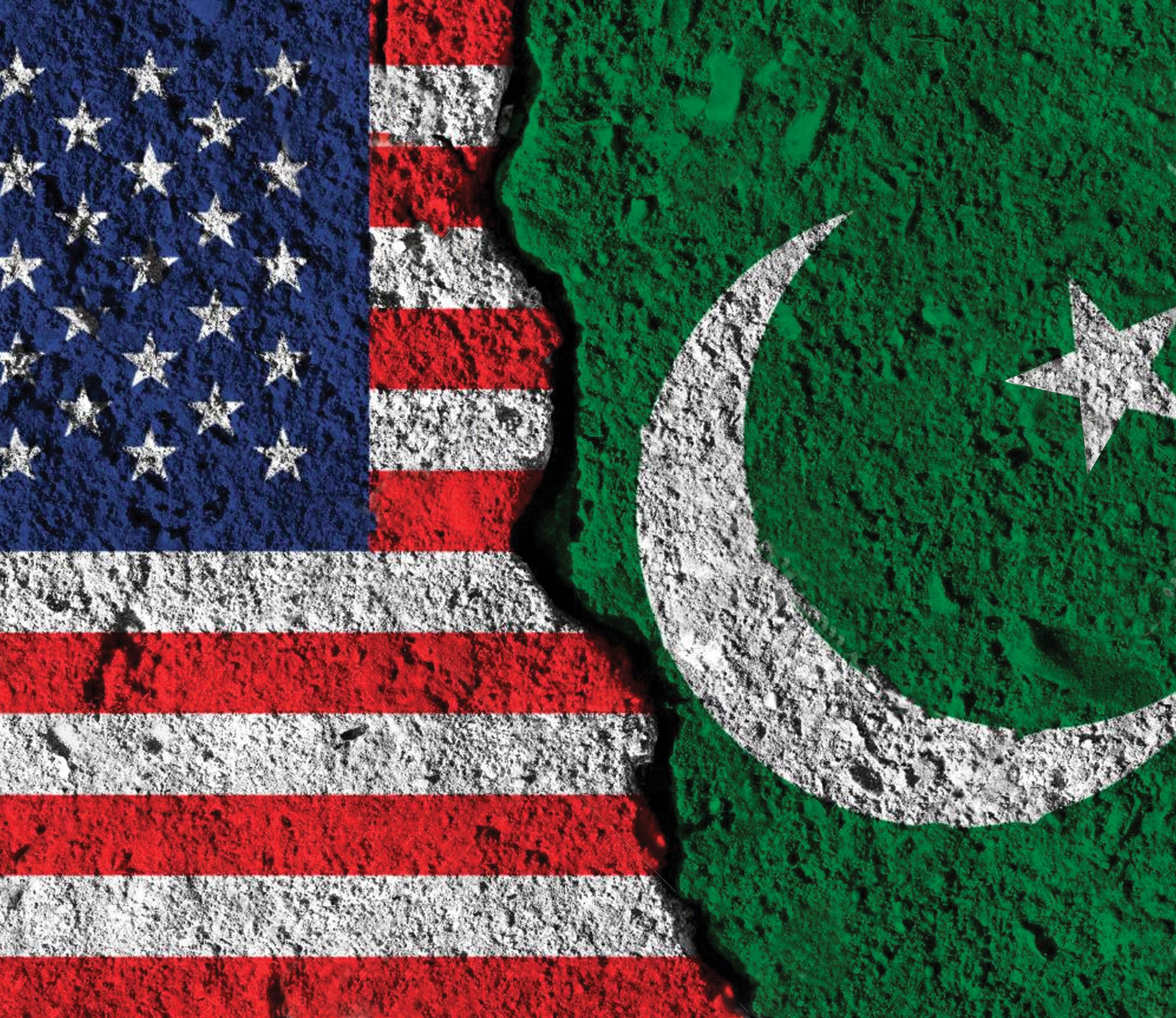Pakistan’s Finance Minister, Muhammad Aurangzeb, announced plans to send a high-level delegation to Washington to engage with the U.S. over its evolving tariffs policy. The delegation aims to turn the challenges posed by the tariffs into an opportunity, reaffirming Pakistan’s commitment to a long-term strategic partnership with the U.S.
Speaking at a press conference in Islamabad, Aurangzeb described the situation as both a challenge and an opportunity, emphasizing the need to address obstacles in Pakistan’s export sector. He highlighted the importance of proactive engagement with the U.S. to ensure continued cooperation and growth in trade relations. Pakistan’s exports to the U.S. reached $5.442 billion in FY24, maintaining the U.S. as its top export destination.
To address emerging challenges, the Finance Minister revealed that two committees have been formed: a steering group led by him and a working group headed by the commerce secretary. These groups have been actively working on developing a comprehensive plan to present to the U.S. administration for further discussion.
Aurangzeb also touched on Pakistan’s progress with the IMF, noting that the country was on track to meet its quantitative and structural benchmarks. He confirmed that Pakistan would receive approximately $1 billion after the IMF board’s approval of the current Extended Fund Facility (EFF) program.
On the economic front, the Finance Minister shared positive developments, including a projected increase in Pakistan’s tax-to-GDP ratio to 10.6% by June, significant growth in tax collection, and an increase in tax filers to six million. He also reported a record low inflation rate of 0.7%, the lowest in nearly six decades, and hinted at potential reductions in interest rates, which would provide relief to the industrial sector.
The government is focused on achieving fiscal sustainability and driving economic growth through export-led and private-sector-led strategies. Aurangzeb expressed optimism about the country’s foreign exchange reserves, which are expected to exceed $13 billion by the end of June. He also mentioned improvements in the energy sector, including a reduction in electricity tariffs for industries, and ongoing restructuring efforts in various federal ministries to enhance efficiency and sustainability.
On the external front, the Finance Minister expressed confidence that remittances would hit a record $36 billion this financial year, further supporting the country’s economic stability.
With these initiatives, Pakistan aims to navigate its economic challenges and strengthen its global trade position, especially with key partners like the United States.















